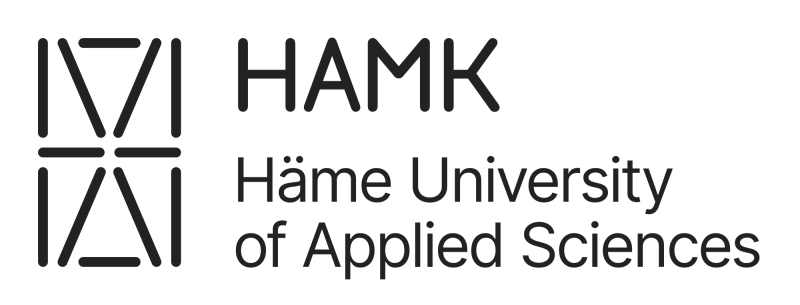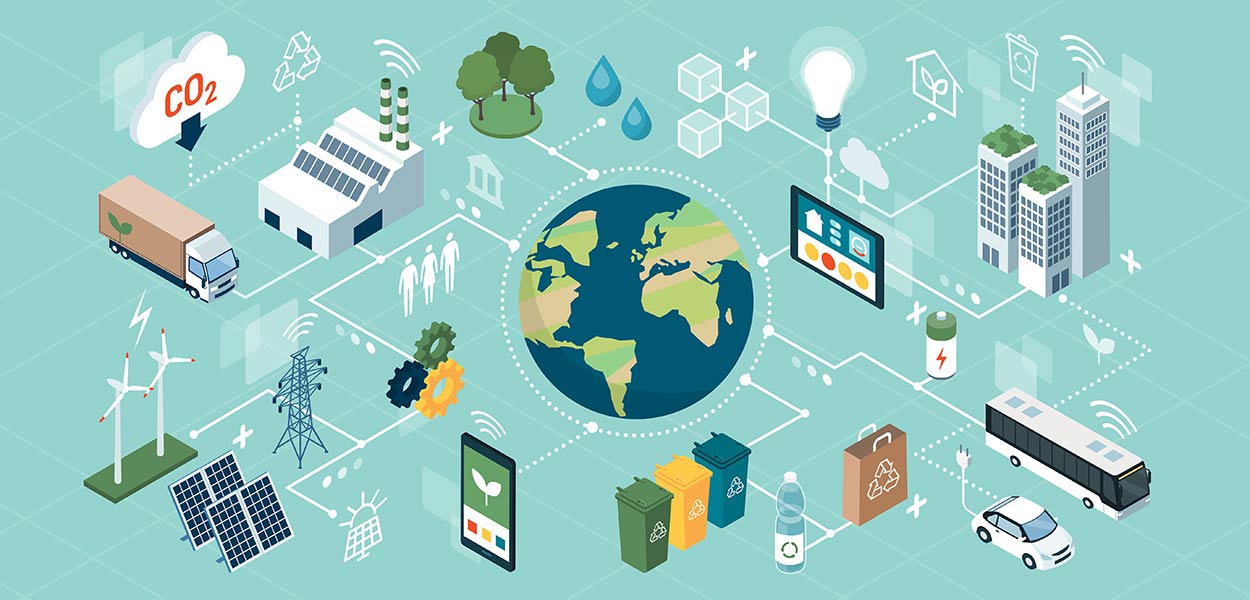
OPTIMA
Optimization of Circular Economy Material Flow Logistics

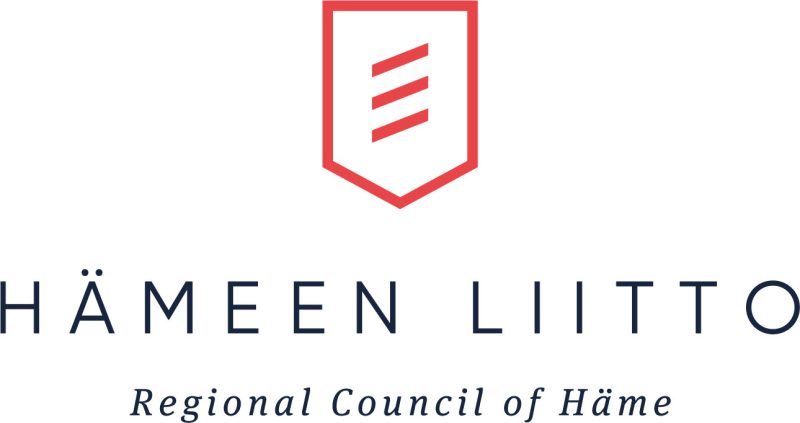
Project Information
| Project | Optimization of Circular Economy Material Flow Logistics – OPTlMA |
| Duration | 1.5.2023-30.4.2025 |
| Partners | HAMK Smart -Research Unit & HAMK Design Factory |
| Funding | European Regional Development Fund |
| Action Line | 2 – Carbon Neutral Finland |
| Specific Objective | 2.3 – Promoting the Transition to Circular Economy |
| Budget | 298 605 € of which EU funding 209 016 € |
OPTIMA aims for economically and environmentally smart material management. The project develops circular economy solutions for optimizing material flows for businesses in the Tavastia Proper.
Material Flow Management is the foundation of profitable circular economy value chains. The sources of waste and by-product streams utilized by circular economy businesses are geographically dispersed, and different materials have various requirements for collection, transportation, storage, and use. The more efficiently the transportation of different recycling materials and by-product streams can be managed, the higher their utilization and processing rates can be achieved.
For circular economy companies, it is crucial to cost-effectively, timely, and environmentally wisely manage their incoming and outgoing material flows. The goal of the OPTIMA project is to develop and pilot solutions for the computational management and optimization of material flows in circular economy companies. The optimization solutions and tools developed in the project are based on the minimization of logistics costs and environmental impacts data. These will be implemented as practical pilots tailored to the needs of companies, in collaboration with company representatives. In addition, the project may optimize the regional placement of activities related to material collection or circular economy processes according to the needs of the companies.
In addition to optimization tasks, the project provides companies with the opportunity to plan and initiate the development of industrial symbiosis in the field of material flow planning, following the principles of FISS (Finnish Industrial Symbiosis System). As a result of the project, companies will have improved capabilities to optimize material management and transportation in an environmentally sustainable and economically profitable manner, as well as leverage data and spatial information in their operations, logistics, and material flow management.
Target Group
OPTIMA’s target groups include circular economy businesses in the Tavastia Proper, with a particular emphasis on small and medium-sized enterprises (SMEs). In addition to companies directly involved in the core business of circular economy, the themes and principles of circular economy also apply to a wide range of businesses across various industries. This includes companies that, for example, use recycled materials, resulting in by-products that can be utilized by other actors.
Target Area
OPTIMA’s target area is Tavastia Proper.
Objectives
- Support circular economy companies operating in the Tavastia Proper region (especially in the SME sector) in utilizing advanced computational methods for optimizing material flow logistics.
- Support companies in the Tavastia Proper region operating in the field of circular economy (especially waste management and recycling) in location-based optimization of waste and other recycling material collection.
- Implement company-specific, tailored pilot solutions for data-based material flow planning, management, and leadership, with a particular focus on optimization.
- Raise awareness of material flow management and computational logistics planning in companies in the circular economy sector, in education, support functions, government work, and other target groups.
- Promote the development of industrial symbiosis in Tavastia Proper companies using Motiva’s FISS operating model (Finnish Industrial Symbiosis System).
- Develop the expertise and capabilities of HAMK (Häme University of Applied Sciences) in the development of computational methods for data-based modeling, planning, and optimization of material flows in circular economy.
Contact
Project manager: Anne-Mari Järvenpää
Experts: Iivari Kunttu, Jari Jussila, Olli Koskela, Genrikh Ekkerman, Pirita Rantala
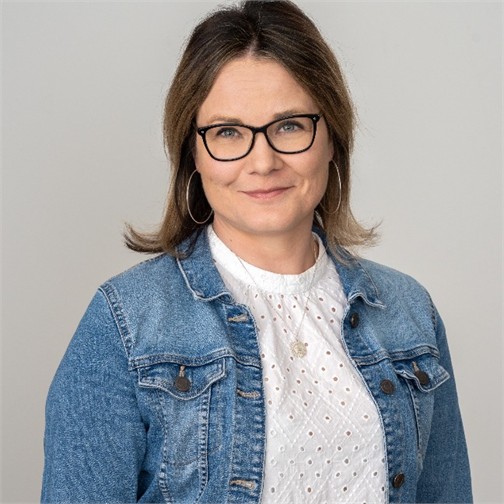
Anne-Mari Järvenpää
Principal Research Scientist, tenure track
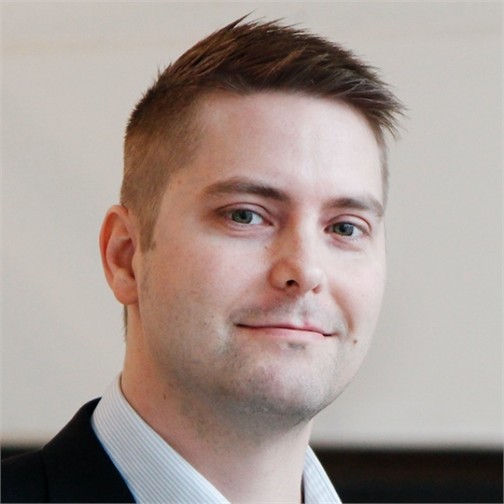
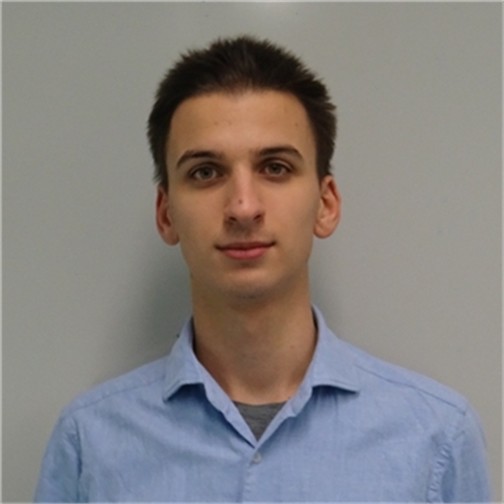
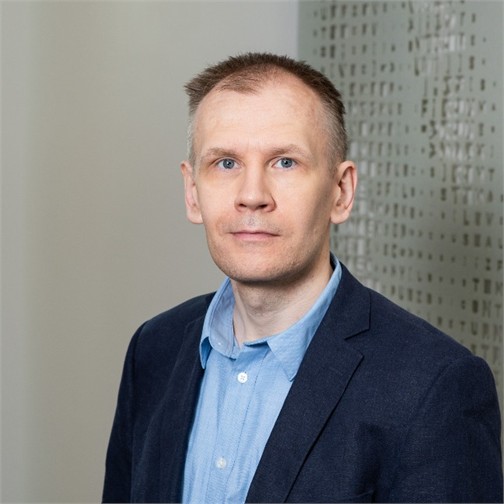
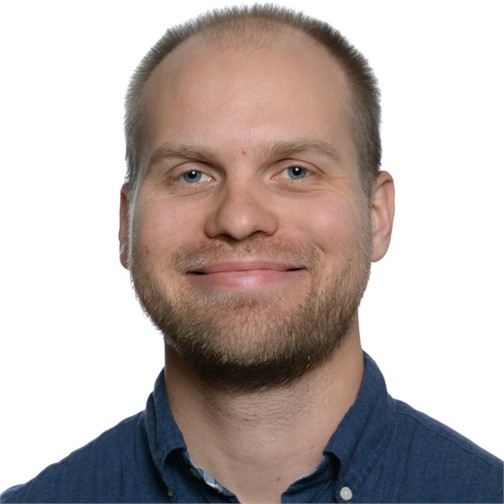
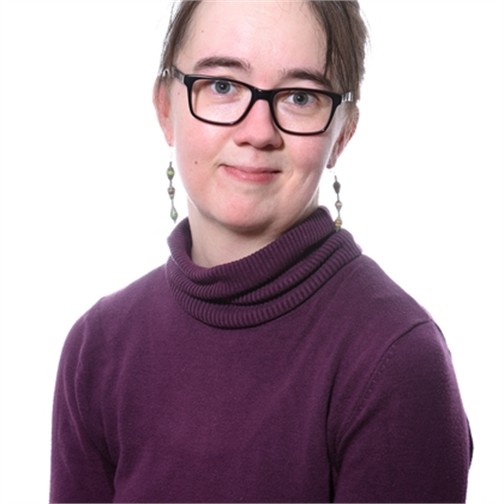
Follow us on social media!
Check out HAMK’s social media channels focusing on research!
